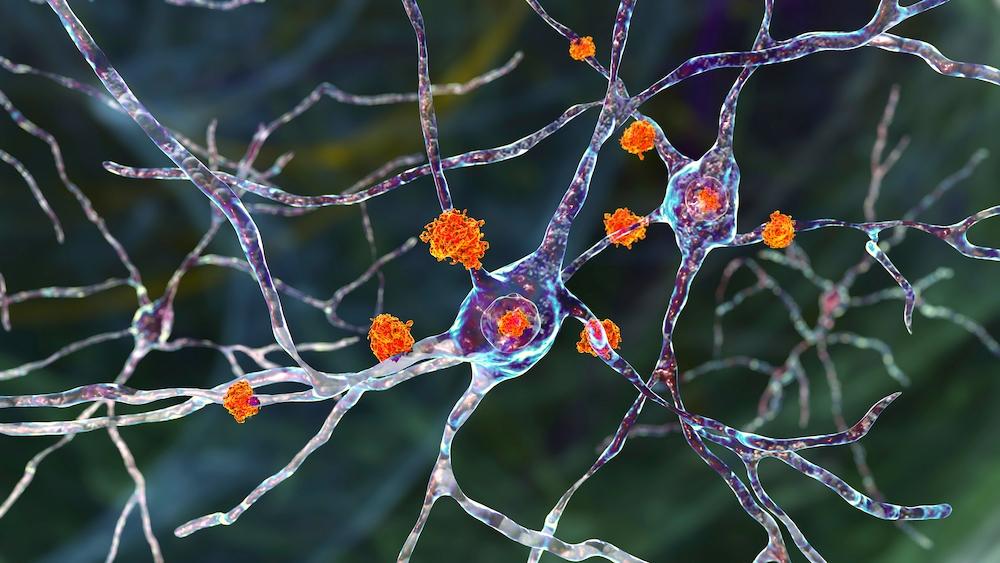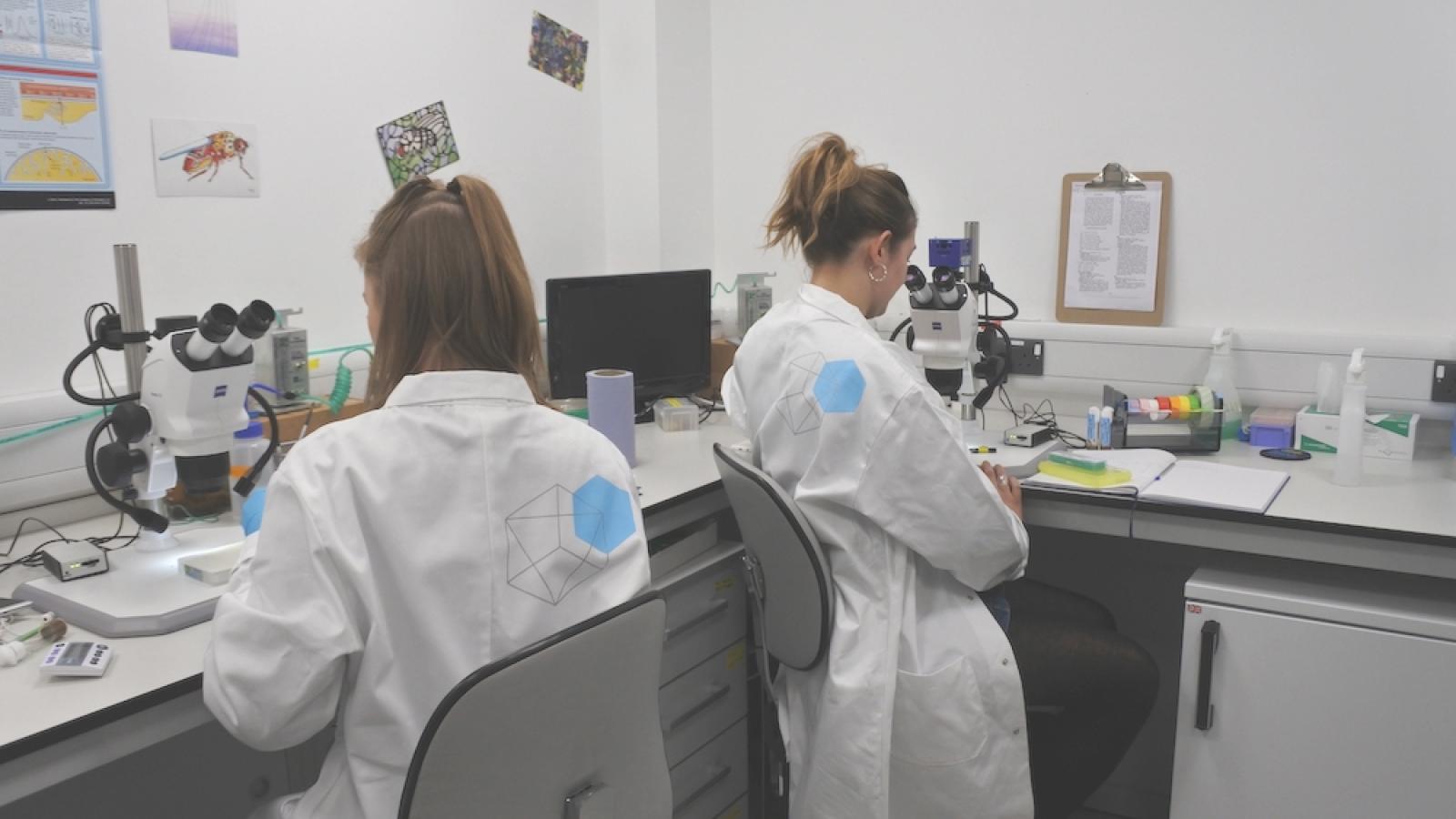We are pleased to announce the four awardees in the third round of the UK DRI Translation Award programme – designed to unlock impact and drive translation within the Institute, kick starting the early development of projects to bring us closer to new treatments and technologies for dementia.
The scientific review panel were particularly impressed with the breadth and calibre of applications submitted from across all UK DRI centres, and were pleased to award funding to four outstanding projects.
projects were awarded funding in this round of the Translation Award
We are delighted to recognize and support four exceptional researchers through this round of the Translation Award. These innovative projects have huge potential to unlock new knowledge and bring us closer to our goal of new treatments for dementia.Kay PenicudUK DRI Director of Innovation and Business
The four projects awarded funding in this round of the Translation Awards programme are as follows:
Identifying anti-complement drugs to target inflammation
Dr Wioleta Zelek, Emerging Leader (UK DRI at Cardiff)
Project title: Identification of brain-penetrant complement membrane attack inhibitors for therapy of dementia
Complement is a system of proteins in blood that exists to counter bacterial infections, either by directly killing bacteria or provoking white blood cells to eat them. It is a crucial part of the immune system, evolved to protect us from infection. However, inappropriate activation of complement leads to damage to cells and inflammation, which is associated with Alzheimer’s and other brain diseases. In this project, in collaboration with the Alzheimer’s Research UK (ARUK) Drug Discovery Institute, Dr Zelek aims to identify potential anti-complement drugs that will then be taken forward into further studies, laying the foundation for future therapies.
Gene editing for Huntington’s disease
Prof Vincent Dion, Group Leader (UK DRI at Cardiff) Project title: Developing a CRISPR/Cas9 nickase approach for in vivo correction of the Huntington’s disease mutation
Huntington’s is a progressive, neurodegenerative disease caused by a mutation in the HTT gene, where a segment of the DNA sequence (CAG) is repeated multiple times, resulting in the production of an abnormally long version of the Huntingtin protein. Prof Dion’s team have designed the first gene editing approach to reduce the size of the mutated protein, using CRISPR-Cas9 technology. The new project aims to optimise how the gene editing technology is delivered and expressed in brain cells, to prepare to move into clinical studies.

results in the production of an abnormally long version of the Huntingtin protein which clumps together in the brain.
Screening for therapeutic targets for ALS & FTD
Prof Adrian Isaacs, Group Leader (UK DRI at UCL) Project title: A high-throughput small molecule screen in iPSC-neurons for modulators of toxic ALS proteins
In this study, Prof Isaacs will test over 100,000 small molecules to identify potential therapeutic targets for amyotrophic lateral sclerosis (ALS) and frontotemporal dementia, before further validating and analysing any promising candidates using human stem cell-derived neuron models of disease. This project is a collaboration with the ARUK Drug Discovery Institute at UCL.
Developing a kit for single-cell epigenetics
Dr Nathan Skene, Group Leader (UK DRI at Imperial)
Project title: Development of a kit for a single-cell, multi-omics platform
Epigenetics, a growing area of interest, is the study of how your behaviours and environment can cause changes that affect the way your genes work. However, there is little data on it at a single cell level as yet. Dr Skene is pioneering new technology to investigate this at single cell level to better understand consequences to cells and what might be happening in disease.
Dr Sara Imarisio, Head of Strategic Initiatives at Alzheimer’s Research UK, said:
“Over the last decade researchers have made fantastic progress unravelling the complex biology of diseases that cause dementia. It is essential that we build on this progress to develop new research technology and, most importantly, to speed up the development of more effective treatments for people with dementia.
“Congratulations to the awardees who are taking on this challenge with these four pioneering projects.”
Read previous news stories to find out about the projects selected for the first and second round of this award programme. UK DRI researchers can stay updated on calls and deadlines for funding rounds via the UK DRI Portal.
Article published: 23 June 2023
